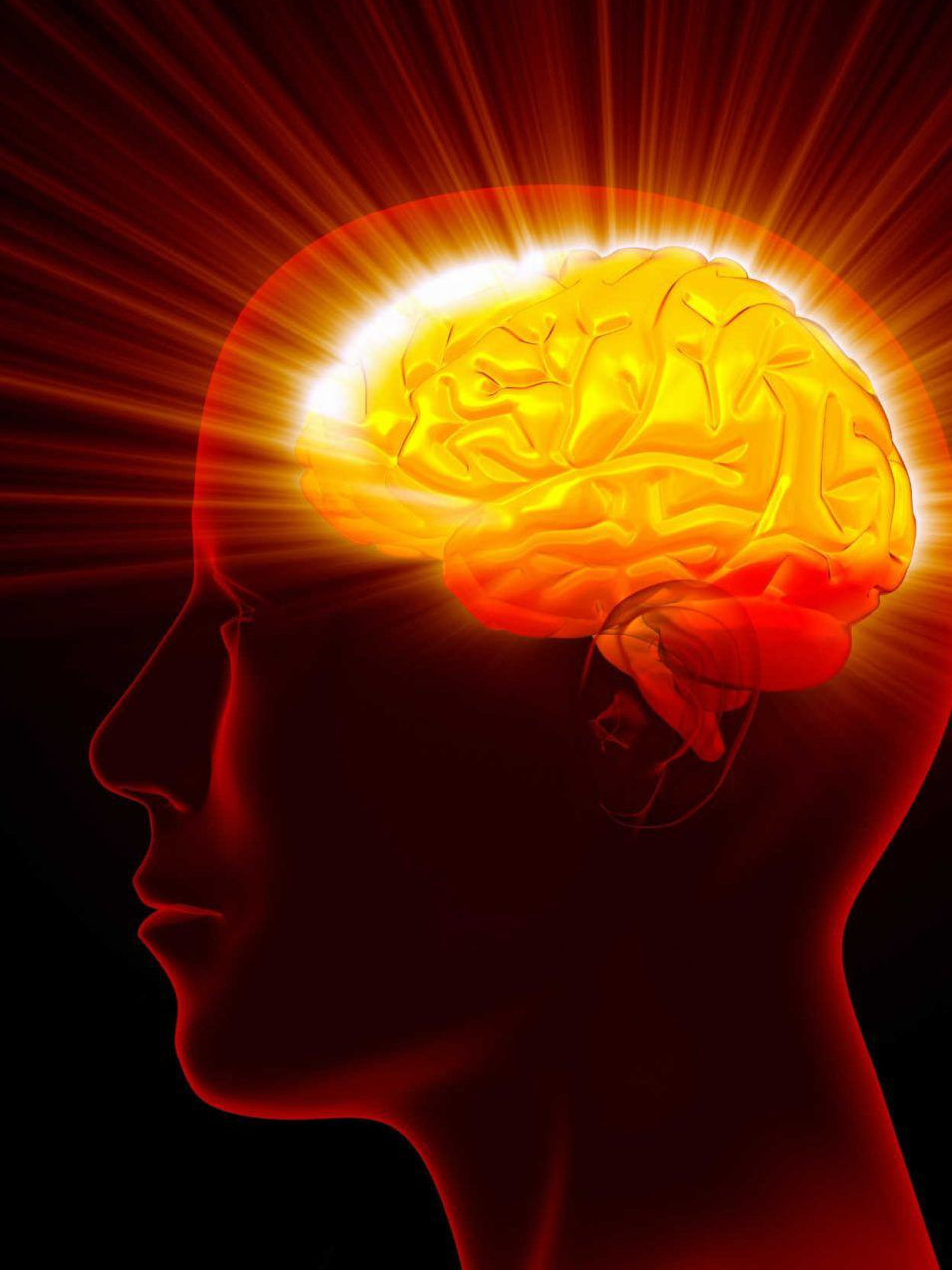Aging is a universal process that affects all cells in an organism. A more positive attitude towards life may slow the inevitable process of physical and mental aging, studies suggest.
Everyone knows “mens sana in corpore sano,” a healthy mind in a healthy body. There is more to this often quoted proverb. Research has not only shown that a healthy body leads to a healthy mind. Also vice versa, a healthy mind leads to a healthy body.
Body and mind are an inseparable whole. Any imbalance affects both. A restless, troubled, agitated mind can lead to structural physical changes over time. Most affected: the brain. Which in turn impacts the living beings’ entire existence.
Mindfulness
Negative emotions, anxiety and depression are thought to even promote the onset of neurodegenerative diseases and dementia. Neuroscientists at the University of Geneva, Switzerland observed that better management of negative emotions in older adults may help to limit neurodegeneration.
The Swiss study recommends meditation to reach “mindfulness, which consists of anchoring oneself in the present in order to concentrate on one’s own feelings.” The study also suggests “compassionate” meditation, which aims to actively increase positive emotions towards others.
Short but intense bouts of exercise
Physical activity, of course, is the body’s mechanism to create balance between body and mind. Six minutes of high-intensity exercise could extend the lifespan of a healthy brain and delay the onset of neurodegenerative disorders, a new research published in The Journal of Physiology shows.
“A short but intense bout of cycling increases the production of a specialized protein that is essential for brain formation, learning and memory, and could protect the brain from age-related cognitive decline”, the research says.
The specialized protein is named brain-derived neurotrophic factor (BDNF). It promotes neuroplasticity, which is the ability of the brain to form new connections and pathways, and the survival of neurons.
Challenge, don’t subdue body and mind
The paper also recommends fasting for 20 hours, which leads to the combination of fasting and exercise. “Fasting and exercise are rarely studied together,” lead author Travis Gibbons from University of Otago, New Zealand says. “We think fasting and exercise can be used in conjunction to optimize BDNF production in the human brain.”
Key takeaway: to stay physically and mentally on top of your form, be active and alert, and don’t always give in to munchies. Body and mind have to be challenged, not subdued.
